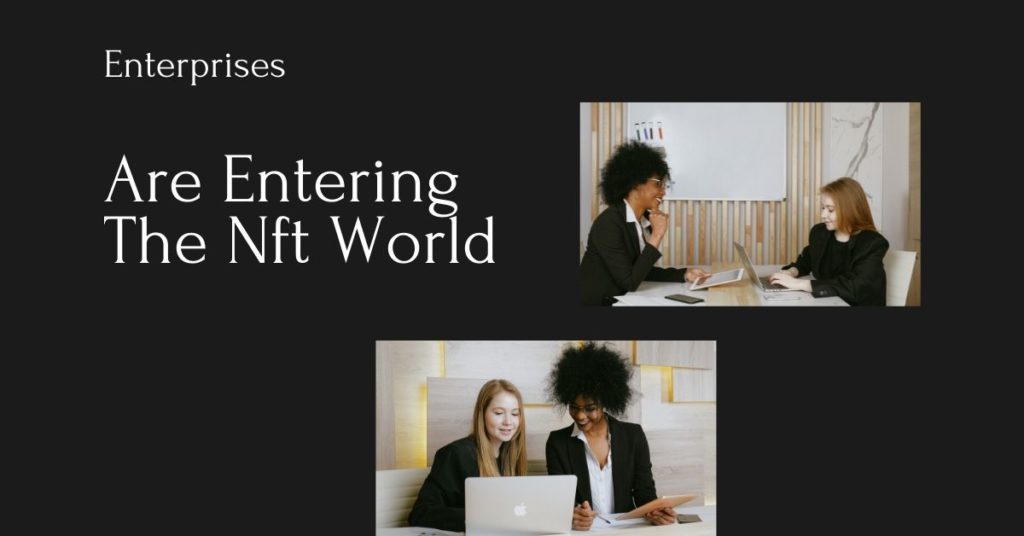While many smaller businesses have been hesitant about NFTs, larger companies are already taking advantage of these innovative technologies to drive profits. In fact, there are already several ways to tie virtual products to real-world products. Furniture and sportswear brands are already using NFTs to drive profits. Nike’s CryptoKicks, for example, are virtual sneakers that are tied to its real-world product. Likewise, eCommerce businesses can use NFTs to increase profits while also reducing costs.

How Enterprises Are Building Digital Asset And NF
While the rise of digital assets has generated significant excitement, there is also significant skepticism. Many people believe that these technologies are largely worthless and disproportionately impact vulnerable communities. The debate about the future of digital assets is far from over. In this article, we’ll explore the issues at hand and how enterprises can mitigate the risks and maximize the benefits of these technologies. We’ll also examine the tax implications of digital asset adoption.
Enterprises Are Entering The NFT World
While the NFT is still at an early stage, many investors are watching closely. For example, NFTs were mentioned on 119 analyst calls so far this year according to Sentieo Inc, a financial data firm. This phenomenon has great potential to impact millions of consumers. And, as its adoption grows, there are many reasons to be excited about NFTs. If you want to be one of the first to benefit from this new technology, here are five reasons why.
The NFT allows businesses to create immutable records of their processes and data. For example, an enterprise can use an NFT to store its copyright information and protect its brand. Additionally, NFTs can also serve as collateral for supply-chain finance. This is especially valuable in the legal industry where sensitive data and valuable evidence are traded on a daily basis. By creating immutable records of this information NFTs can help companies mitigate their risks increase transparency and make their supply chains more transparent and accountable to consumers.
The NFT world is not only growing in importance but also in its application to traditional businesses. For example, an NFT can be any digital asset, and ownership is recorded on the blockchain. As the world of blockchain technology grows many blockchain-native startups and established companies alike are looking for ways to utilize this technology. However, some of these early investments appear to be geared toward capitalizing on the hype around NFTs.
